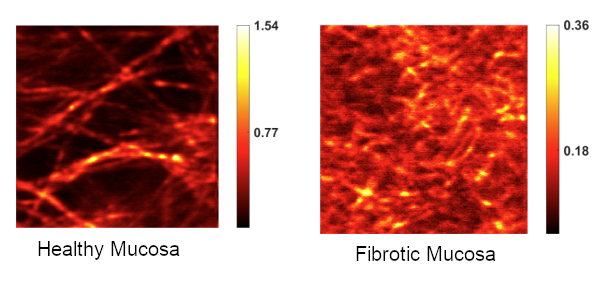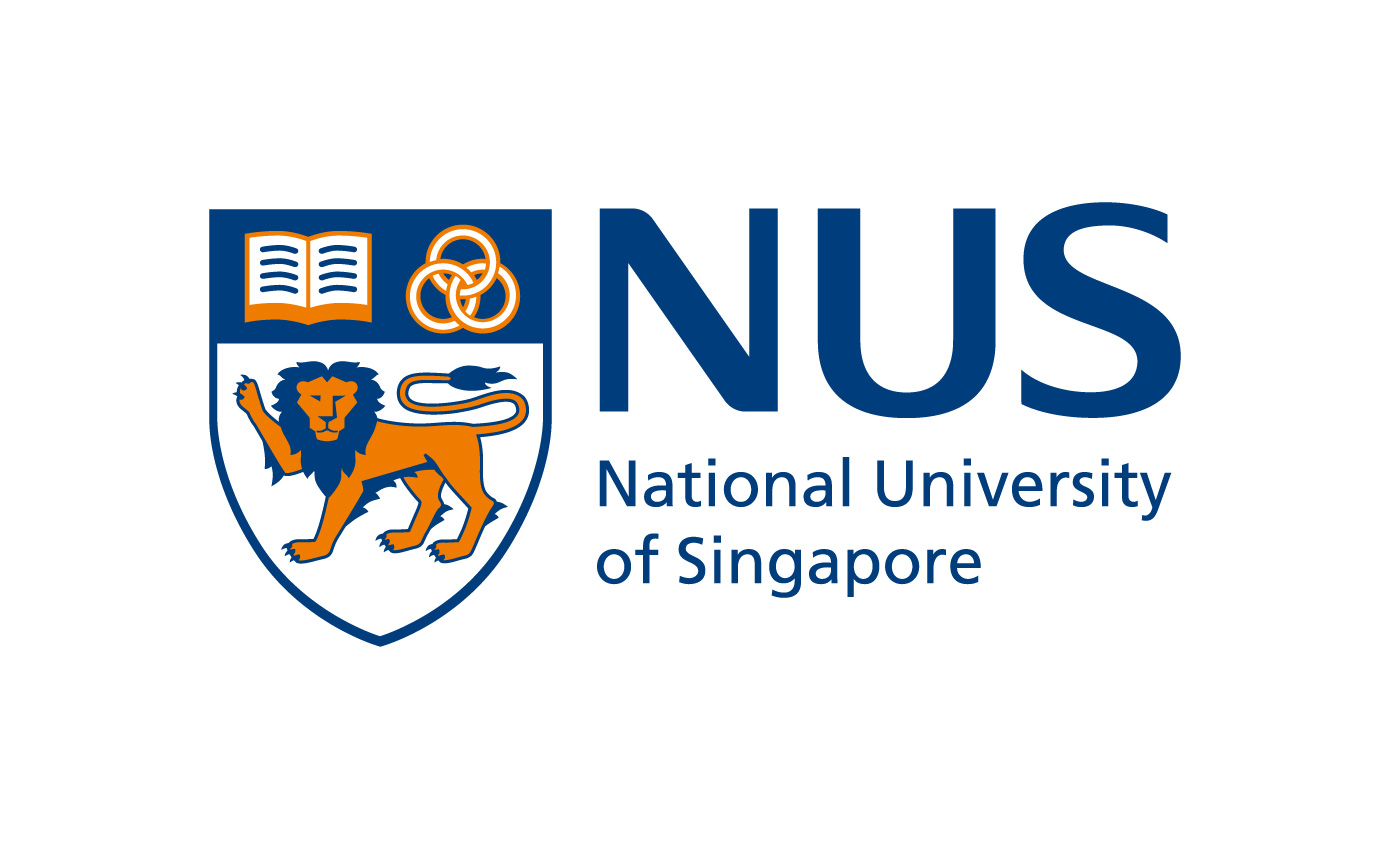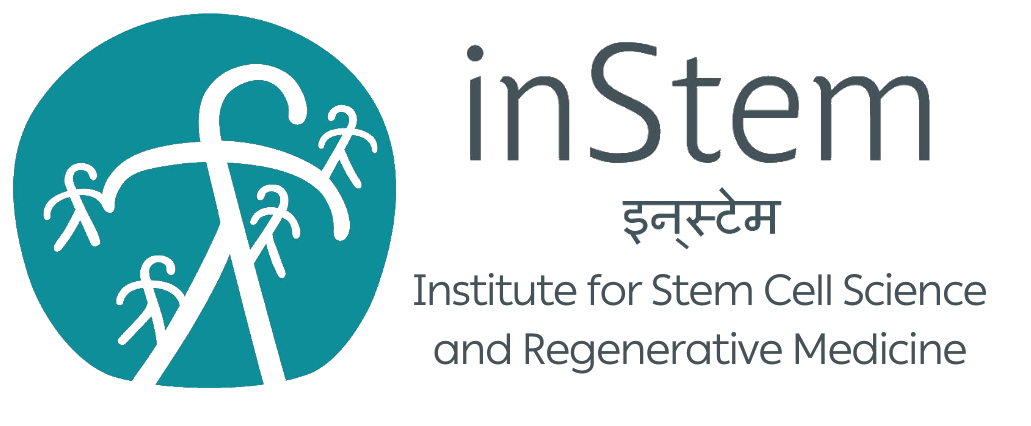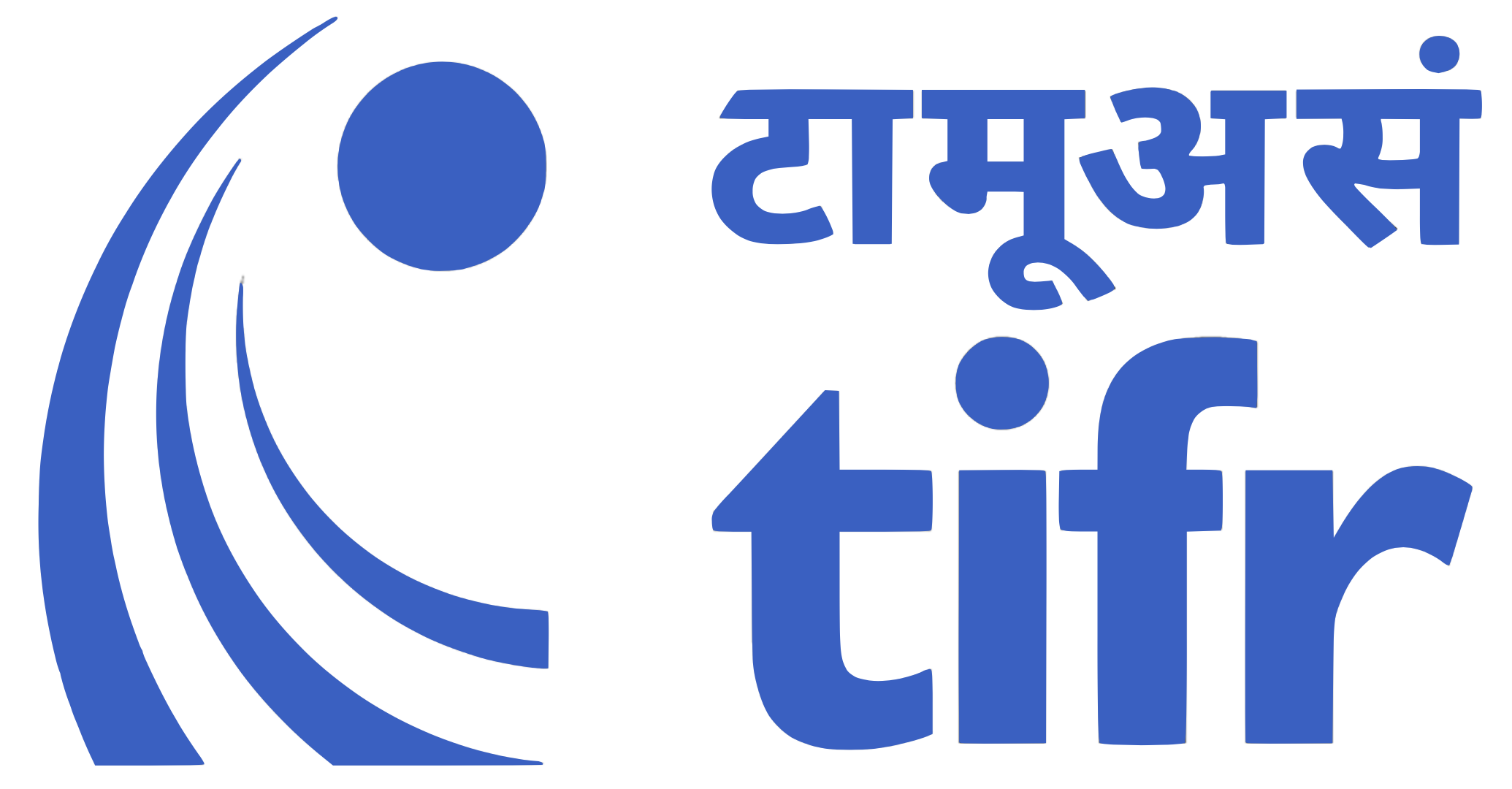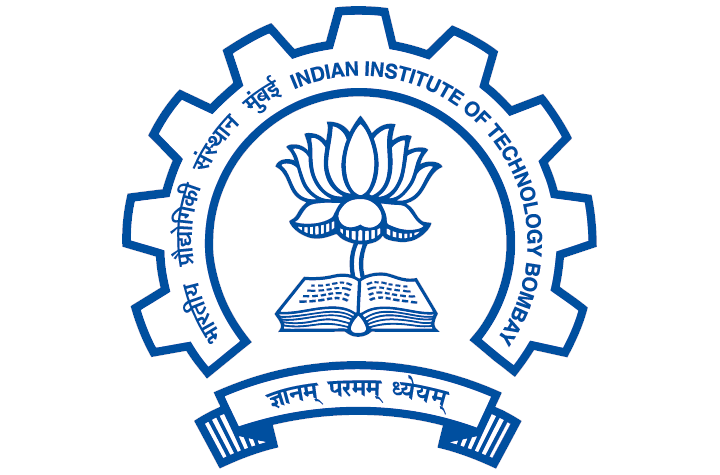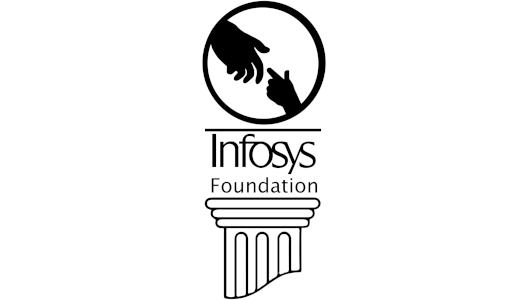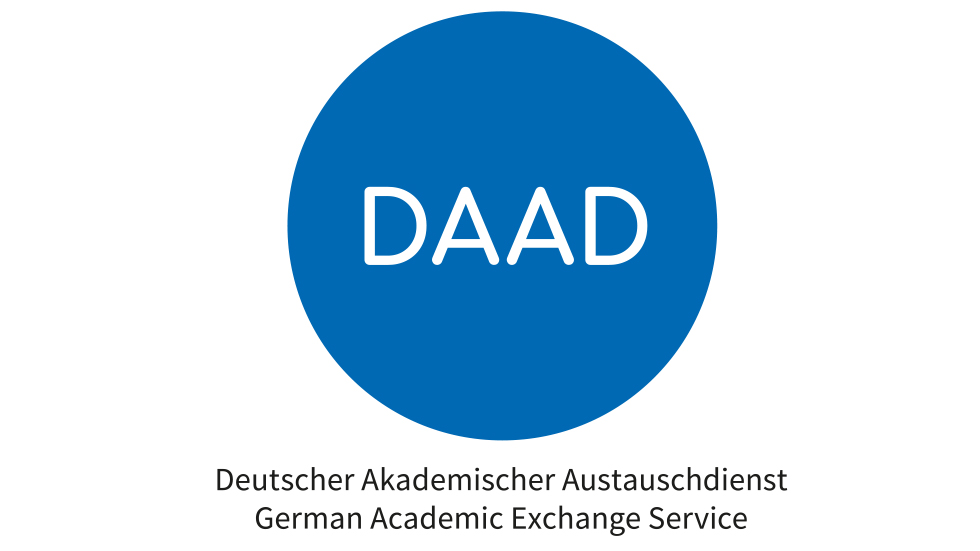Epithelial Mechanobiology Lab (EMLAB)
Department of BioEngineering
Indian Institute of Science
We engineer and study epithelial tissues in their physiological architectures by combining bioengineering with applied cell biology tools. Among other life goals, one of our major focus is to find answers to a largely unsolved question – “how do cancer begin in epithelia?”
Using genetic engineering and microscopy, we study dynamic cellular mechanics in epithelial tissues as the tissue transition from a healthy to a diseased state. We also employ automated cell segmentation, and tracking to obtain dynamic changes in shape and movement of cells. Additionally, we use 4D traction force microscopy, and force inference to compute the force that cells apply on each other and on their surroundings.
In addition to fundamental research, we build mini-physiological systems consisting epithelia and connective tissues in their native architectures to develop bio-responsive tools for personalized medicine and chemical testing.
Ongoing Research
Chaos within the tissue
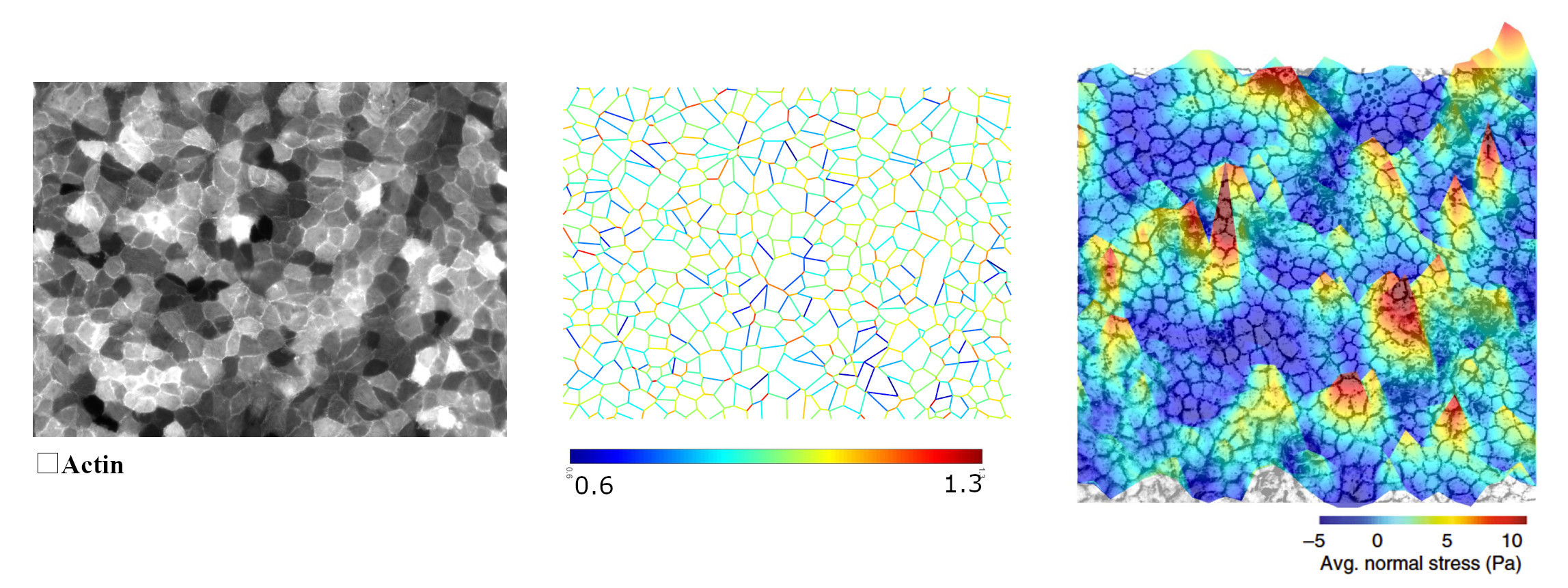
Cells within the tissue are genotypically similar but show a chaotic biochemical and physical landscape at any given instant. Why do our cells need this heterogeneity? Is heterogeneity just noise or does this have a physiological relevance? We study the crosstalk between biochemical and physical heterogeneity within epithelial monolayers to understand its role in tissue remodelling and cancer initiation.
Contextual oncogenesis

Breast cancer majorly originates in the milk-producing lobules of the mammary breast. These lobules are of epithelial origin, spherical in shape and surrounded by a basement membrane. We ask, How does cancer originate in these lobules? Why does the incidence of breast cancer increase as we age?
To address these questions, we make organoids of breast acini in the lab mimicking aged Vs normal breast tissue. We then sporadically transform healthy tissue cells into oncogenic mutants to study the cellular mechanisms underlying cancer initiation.
The Cancer's Cradle

"The Cancer's Cradle" evokes the earliest, most formative stages of cancer development, a period often hidden and subtle yet critical for the disease's emergence. It represents the microenvironment where the initial cellular changes occur, the complex interplay of genetic mutations, environmental factors, and cellular signaling that conspire to give rise to malignancy. Like a cradle nurturing a newborn, this environment fosters the nascent cancer cells, providing the necessary conditions for them to grow and evolve. Understanding the specific characteristics of "The Cancer's Cradle"—the unique combination of growth factors, immune responses, and structural support—is crucial for developing effective strategies to prevent cancer initiation
We are developing advanced 3D organotypic models of the lung to investigate the intricate interplay between precancerous fibrotic conditions and the initiation of lung cancer. By recreating the complex microenvironment of the lung within these models, we aim to unravel the mechanisms by which fibrosis contributes to cancer development.
These 3D models offer a more physiologically relevant platform than traditional 2D cultures, allowing for the study of cell-matrix interactions, growth factor signaling, and the impact of mechanical forces on cancer initiation
From iPSCs to GBM: Building a Vascularized Cerebral Organoid Model

Glioblastoma (GBM), a grade IV brain tumor, often presents without a traceable pre-cancerous stage, leaving its origins shrouded in mystery. To truly understand how this aggressive cancer begins, our research is focused on developing a vascularized cerebral organoid from induced pluripotent stem cells (iPSCs), a crucial step towards recreating the complex brain microenvironment in the lab. This innovative approach promises to unlock the secrets of GBM initiation, paving the way for earlier diagnosis and more effective treatments.
Join Us
We are actively seeking highly motivated and talented individuals to join our lab as PhD students or postdoctoral fellows. Our research program provides exciting opportunities to contribute to cutting-edge projects at the forefront of Mechanobiology, and to collaborate with a dynamic team of scientists. With state-of-the-art facilities and a collaborative research environment, we offer excellent opportunities for professional development and scientific discovery. Join us in our mission to make a positive impact on society through science!
PhD Positions PostdocsResearch Interns - Feel free to write to us for potential opportunities.
Contact Us
Tweets by MedhavishwaLocation:
Department of Bioengineering, IDR Building (TCS Smart-X Hub), Indian Institute of Science, Bengaluru, Karnataka 560012
Email:
medhavi@iisc.ac.inCall:
+91-80-2293-3709 (O)
